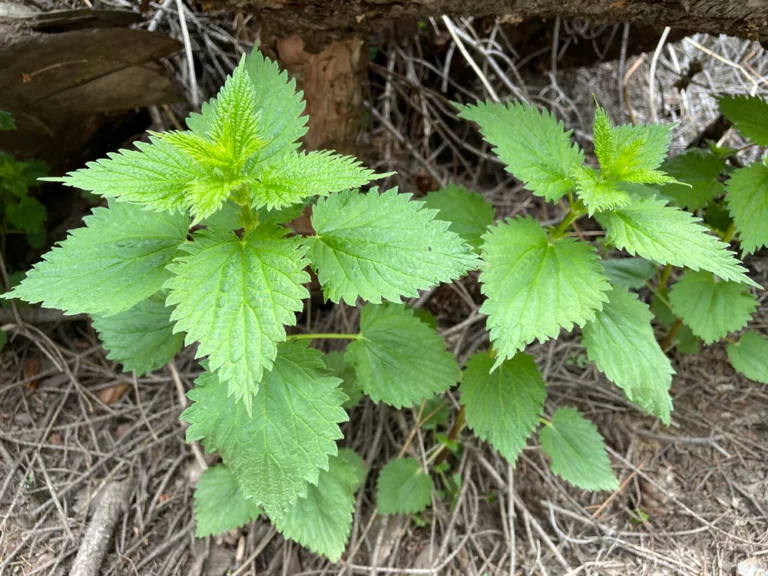Nettles often get a bad rap. They sting, they spread fast, and they’re usually the first plant people pull out of the garden. But what if you could turn those weeds into something useful?
Turns out, stinging nettles are packed with nutrients and natural compounds that make them perfect for homemade fertilizer and insect repellent. If you’re looking for a free, organic way to feed your plants and keep bugs off your garden, nettles are about to become your new best friend.
Why use nettles in the garden?
Nettles are rich in nitrogen, iron, magnesium, and trace minerals. When you turn them into a liquid fertilizer, you’re basically creating a plant-powered nutrient boost for your soil. Plus, their strong smell and compounds make a great natural bug deterrent.
Two ways to use nettles
-
Nettle fertilizer (also called nettle tea)
This is a fantastic liquid feed for your plants—especially leafy greens and nitrogen-loving veggies like tomatoes, cucumbers, and squash.
How to make it:
-
Gather a bucket full of fresh nettle leaves (gloves on!)
-
Chop them up and stuff them into a large bucket
-
Fill with water (rainwater is ideal) until the leaves are covered
-
Let it sit in a shaded spot for 1 to 2 weeks, stirring every day
-
It will smell pretty strong once ready—strain the liquid and use it diluted at a 1:10 ratio with water
How to use it:
-
Pour around the base of plants as a root drench
-
Use once a week during the growing season
-
Nettle insecticide spray
Nettles also contain formic acid and silica, which help deter aphids, spider mites, and other soft-bodied pests.
How to make it:
-
Simmer a handful of chopped nettle leaves in 1 liter of water for 15 minutes
-
Let it cool, then strain the liquid into a spray bottle
How to use it:
-
Spray directly onto affected leaves in the morning or evening
-
Use every few days or after rain to keep pests away
Extra tips for success
-
Only harvest nettles before they flower—after that, they become tough and less effective
-
Always wear gloves when handling fresh nettles
-
Add leftover plant material to your compost bin for an extra nutrient boost
Instead of fighting nettles in your yard, start using them to your advantage. They’re free, organic, and incredibly effective. Whether you’re feeding your tomatoes or fending off aphids, nettle fertilizer and spray are simple, sustainable solutions that actually work.
